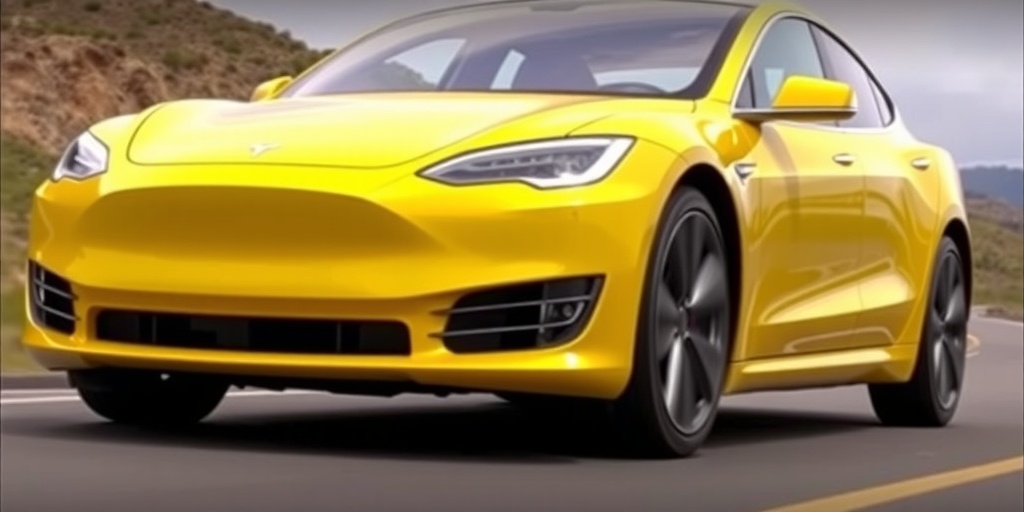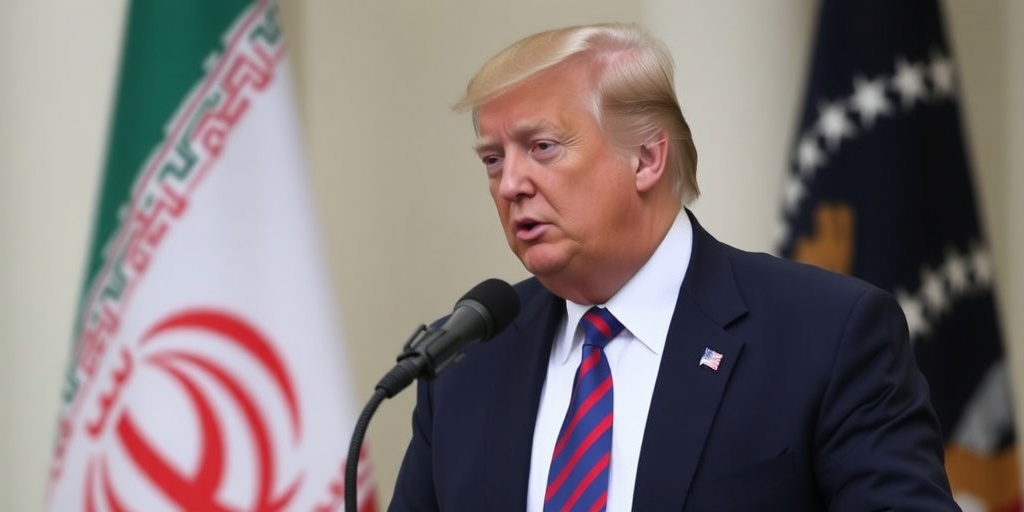Now Reading: Elon Musk Shifts Focus to DOGE: What’s Next for Tesla?
-
01
Elon Musk Shifts Focus to DOGE: What’s Next for Tesla?
Elon Musk Shifts Focus to DOGE: What’s Next for Tesla?

Elon Musk’s Political Involvement Threatens Tesla’s Market Position
Elon Musk’s recent engagement in right-wing politics and his role as President Trump’s cost-cutting czar appear to be diverting his focus from Tesla at a critical juncture for the electric vehicle (EV) manufacturer. Analysts and investors express concern that these distractions may come at a high cost for the company, which has seen its car sales decline amidst a booming global EV market.
In 2023, Tesla reported a 1% decrease in car sales, while the overall market for electric vehicles expanded by 25%. This underperformance remains unaddressed by Musk, who has not outlined any strategic plans to rejuvenate sales or provided updates on the production of a more affordable Tesla model slated for this year. Historically, Musk has been proactive in promoting new models, often years in advance of their release.
Musk’s attentiveness seems increasingly divided as he spends a considerable amount of time in Washington and at Trump’s residence in Florida, distancing himself from Tesla’s headquarters in Austin, Texas, and its engineering offices in the San Francisco Bay Area. Such physical and strategic detachment raises concerns about his commitment to Tesla and the long-term implications for a company that previously transformed the global auto landscape.
Over the past decade, Tesla evolved from a struggling startup to a formidable force that pressured established automakers to invest heavily in electric vehicle technology. The company’s soaring stock price contributed significantly to Musk becoming the richest person in the world. However, current sentiments reflect an apparent loss of interest from Musk in the core business of manufacturing and selling cars, which could lead to severe consequences for Tesla and the broader automotive sector, employing millions worldwide.
Prior to his appointment in the Trump administration as the head of the Department of Government Efficiency, doubts about Musk’s capacity to manage multiple business interests were already surfacing. Alongside Tesla, Musk oversees SpaceX, which conducts missions for NASA, the social media platform X, and xAI, an artificial intelligence venture, not to mention his ambitious plans for colonizing Mars.
Brad Lander, the New York City comptroller and a significant Tesla shareholder, has expressed a desire for Musk to step down as CEO while remaining on the board. According to Lander, it is unreasonable to expect a CEO to be effective in such a divided capacity. Experts like Eric Talley, a professor of corporate governance at Columbia Law School, note that few executives manage such a broad array of interests, complicating Musk’s ability to focus on Tesla without conflicts of interest arising from his political affiliations.
Musk’s political engagements have provoked backlash, reportedly alienating portions of his customer base. Recent internal meetings at Tesla have revealed employee dissatisfaction regarding Musk’s polarizing online presence and his limited focus on the company’s direction. Some senior executives have voiced frustrations over the departure of key figures within the organization, citing that the CEO’s behavior and political undertakings are detrimental to recruitment and retention efforts.
Despite this turmoil, many investors continue to hold faith in Musk, propelling Tesla’s valuation far above that of traditional automakers like Toyota. Optimistic investors envision a future where Tesla dominates the autonomous vehicle market, with estimates suggesting the company could control nearly half of a forecasted $10 trillion market for robot-driven ride-hailing services.
However, doubts linger as Musk’s attention seems increasingly detached from Tesla’s practical business challenges. As sales figures plummet in key markets—down 59% in Germany, 63% in France, and 12% in Britain—due in part to Musk’s controversial political affiliations and social media activities, the strategic need for a more affordable Tesla vehicle has never been clearer. Despite promising a new model by mid-year, Musk delayed plans for a low-cost vehicle to be produced in Monterrey, Mexico, originally intended to fill the void in Tesla’s offerings.
Ultimately, the focus should return to car sales, as Musk’s apparent disengagement raises questions about the company’s future endeavors. As the market grows increasingly competitive with rivals like BYD offering diverse and lower-priced EV models, Musk’s commitment to Tesla’s core mission will be crucial in maintaining the company’s erstwhile leadership in the electric vehicle sector.
The implications extend beyond business performance; environmental advocates are alarmed at Musk’s political affiliations with climate change deniers, fearing such alliances undermine the advocacy for sustainable transport solutions. Musk argues that the evolution of electric vehicles is inevitable and does not require government incentives, but the concerns raised by stakeholders reflect a deep unease regarding the company’s trajectory under his current leadership.
As Tesla navigates these turbulent waters, the need for focused leadership and strategic clarity has never been more paramount. The scrutiny surrounding Musk’s competing interests could ultimately dictate not only Tesla’s market position but potentially the future of the entire automotive industry as it pivots towards sustainability and innovation.
Stay Informed With the Latest & Most Important News
Previous Post
Next Post
-
 01New technology breakthrough has everyone talking right now
01New technology breakthrough has everyone talking right now -
 02Unbelievable life hack everyone needs to try today
02Unbelievable life hack everyone needs to try today -
 03Fascinating discovery found buried deep beneath the ocean
03Fascinating discovery found buried deep beneath the ocean -
 04Man invents genius device that solves everyday problems
04Man invents genius device that solves everyday problems -
 05Shocking discovery that changes what we know forever
05Shocking discovery that changes what we know forever -
 06Internet goes wild over celebrity’s unexpected fashion choice
06Internet goes wild over celebrity’s unexpected fashion choice -
 07Rare animal sighting stuns scientists and wildlife lovers
07Rare animal sighting stuns scientists and wildlife lovers





















